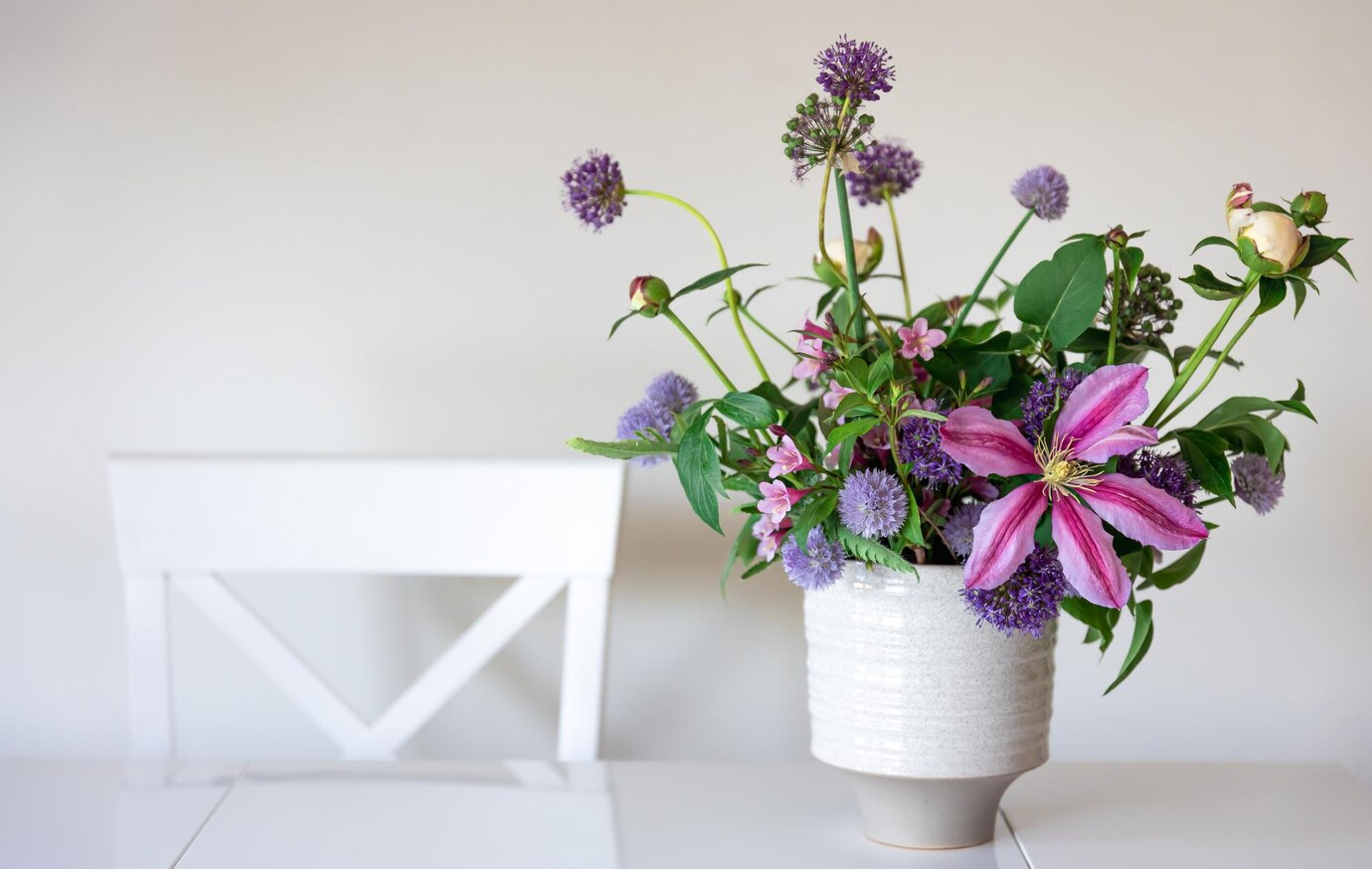In recent years, the popularity of indoor plants has surged as people seek to bring a touch of nature into their homes and workplaces. Beyond their aesthetic appeal, indoor plants offer a myriad of benefits for both physical and mental well-being. From purifying the air to reducing stress and boosting mood, houseplants have the power to transform indoor spaces into vibrant, healthy sanctuaries. In this article, we’ll explore the joy of indoor plants, highlighting their benefits and offering care tips to help you cultivate a thriving indoor garden.
1. Health Benefits of Indoor Plants
Indoor plants are natural air purifiers, filtering out toxins and pollutants from the air and releasing oxygen into the environment. Studies have shown that houseplants can help improve indoor air quality, reduce symptoms of respiratory conditions, and enhance overall health and well-being. By incorporating plants into your living and working spaces, you can create a healthier indoor environment and promote a sense of vitality and vitality.
2. Mood-Boosting Properties
In addition to their physical health benefits, indoor plants have been shown to have positive effects on mental health and emotional well-being. Surrounding yourself with greenery can help reduce stress, anxiety, and depression, while promoting feelings of relaxation, calmness, and happiness. The act of caring for plants can also provide a sense of purpose and fulfillment, fostering a deeper connection with nature and enhancing overall quality of life.
3. Enhancing Indoor Spaces
Indoor plants have the power to transform indoor spaces, adding color, texture, and vibrancy to any room. Whether you prefer lush, leafy plants or delicate flowering varieties, there’s a houseplant to suit every taste and style. From cascading ivy and trailing pothos to sculptural succulents and towering fiddle leaf figs, indoor plants come in a wide variety of shapes, sizes, and varieties, allowing you to create personalized indoor gardens that reflect your unique personality and aesthetic preferences.
4. Care Tips for Houseplants
While indoor plants are relatively low-maintenance, they do require some care and attention to thrive. Here are some essential care tips to help you keep your houseplants healthy and happy:
- Light: Most indoor plants prefer bright, indirect light, although some species may thrive in low-light conditions. Place your plants near windows or in Exit Visual Builderwell-lit areas of your home, taking care to avoid direct sunlight, which can cause leaf burn.
- Watering: The key to successful watering is to strike the right balance. Overwatering can lead to root rot and other issues, while underwatering can cause dehydration and wilting. Check the soil moisture regularly and water your plants when the top inch of soil feels dry to the touch.
- Humidity: Many indoor plants thrive in humid environments, so consider misting your plants regularly or placing them on trays filled with pebbles and water to increase humidity levels.
- Temperature: Most houseplants prefer temperatures between 65-75°F during the day and slightly cooler temperatures at night. Avoid placing plants near drafts, air vents, or heating sources, which can cause stress and damage to the foliage.
- Soil: Use a well-draining potting mix formulated specifically for indoor plants, and repot your plants as needed to provide adequate space for root growth.

